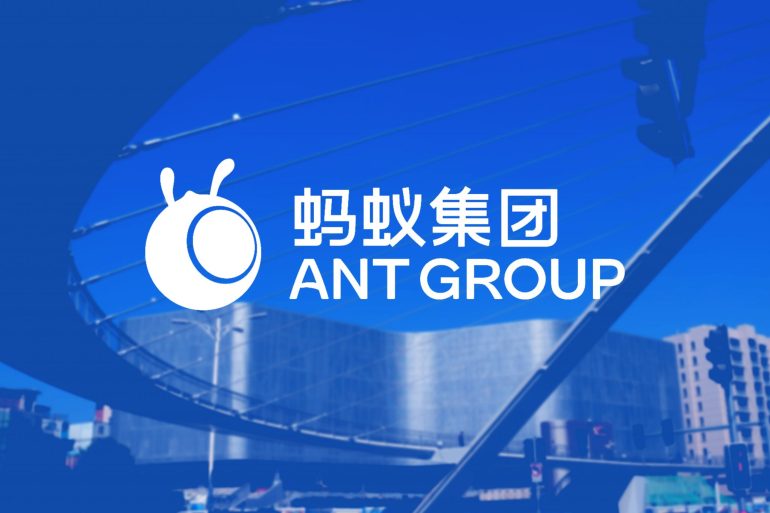- Ant Group unveiled SecretFlow Cloud, a cloud-based cryptographic computing platform for large language models (LLMs).
- The platform integrates advanced software-hardware technologies for secure data circulation during hosting and inference processes.
- Features include encrypted hosting and inference services, GPU utilization in trusted execution environments, and end-to-end encryption.
- SecretFlow Cloud supports both public and private cloud deployments and is compatible with leading global LLMs.
- Dr. Lenx Wei highlighted the role of cryptographic computing in enhancing data utility and reducing operational costs for LLM deployment.
- Ant Group aims to expand these solutions to ensure comprehensive data security across the lifecycle of professional LLMs.
Main AI News:
Ant Group revealed today its latest innovation, SecretFlow Cloud, a pioneering cloud-based cryptographic computing platform tailored specifically for large language models (LLMs). Unveiled at the World Artificial Intelligence Conference in Shanghai, this platform integrates cutting-edge software-hardware technologies to ensure the secure circulation of encrypted data throughout the hosting and inference processes of LLMs. This innovation not only safeguards the integrity of LLM assets but also enhances data privacy protection significantly.
The platform enables seamless encryption and deployment of LLMs onto cloud environments with a single click, offering an encrypted hosting service that shields valuable assets from compromise and theft. Moreover, its encrypted inference service ensures efficient data security during interactions with LLMs, protecting trade secrets effectively.
Utilizing GPUs within trusted execution environments, SecretFlow Cloud reduces the cost and performance gap between encrypted LLM inference and plaintext operations, presenting a more cost-effective approach. Additional features such as memory and disk encryption ensure end-to-end security, while a user-friendly remote attestation system simplifies verification processes through web interfaces.
SecretFlow Cloud supports both public and private cloud deployments and is compatible with leading LLMs worldwide. For public cloud users, the platform facilitates rapid deployment of professional LLMs within minutes, alongside on-demand cryptographic computing resources to meet diverse operational needs.
Dr. Lenx Wei, Vice President and Chief Technology Security Officer at Ant Group, emphasized the pivotal role of cryptographic computing in enhancing data utility across various domains. He highlighted how these solutions mitigate operational costs and optimize service efficiency, positioning LLMs as indispensable tools in specialized professional domains.
Looking ahead, SecretFlow Cloud aims to expand its cryptographic computing solutions to ensure comprehensive data security throughout the lifecycle of professional LLMs, from creation to deployment and service delivery.
Since its inception, Ant Group has been at the forefront of privacy-preserving computing technologies. The release of SecretFlow in 2022 marked a significant milestone, showcasing advanced capabilities such as multiparty computation, federated learning, Trusted Execution Environments, Homomorphic Encryption, and Differential Privacy. SecretFlow Cloud represents a new era in privacy-preserving computing, addressing critical challenges in security, cost-efficiency, and accessibility across various industries including insurance, finance, healthcare, and public services.
Conclusion:
Ant Group’s launch of SecretFlow Cloud marks a significant advancement in cryptographic computing tailored for large language models. This innovation not only enhances data security and privacy but also promises to lower operational costs and optimize efficiency in deploying LLMs across various professional domains. Ant Group’s strategic move positions them at the forefront of privacy-preserving computing technologies, poised to set new standards in data security and accessibility within the market.

